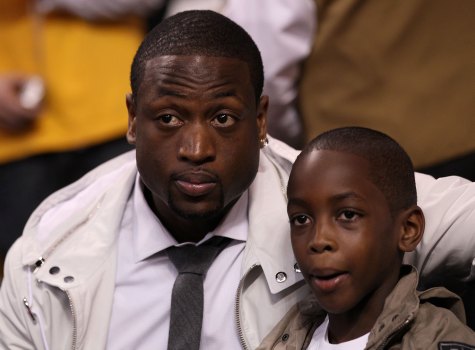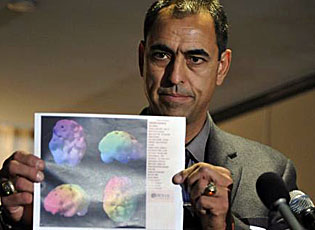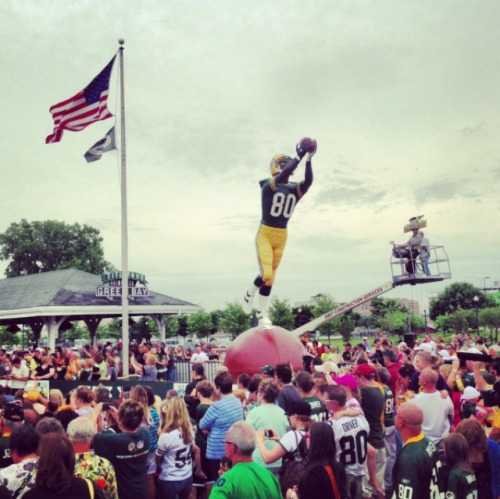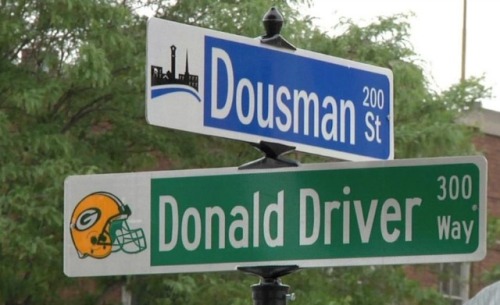The NASCAR circuit just ended its annual visit to the Bay Area.
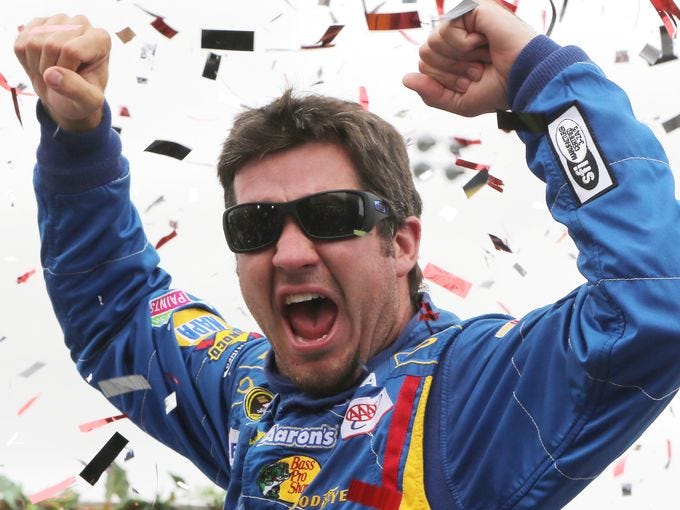 |
| Martin Truex Jr. |
The Save Mart 350 is run at the Sonoma Raceway every year. Martin Truex Jr., won therace. But every year there are no black drivers in
NASCAR'sSprint Cup series races, America loses.
In the 65 history of NASCAR there have been just 6 black
question is who's racism is keeping blacks out of this sport.
Is it NASCAR, is it the sponsors, or is it the fans?
One of the six drivers is Tia Norfleet. She not only has the designation of being the
 |
| Tia Norfleet |
first African-American driver, but the second women driver (Danica Patrick was the first)
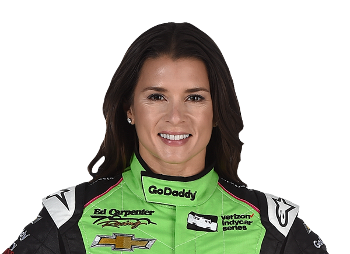 |
| Danick Patrick |
to have a NASCAR license. Her father, Bobby, is also one of the original NASCAR
six.
Darrell Wallace Jr., another African-American, was also granted a license this year.
“NASCAR isn't any more racist than any other aspect of out society,” said Norfleet.
“I have been to races as a fan and been welcomed, but there are those that you know
don't want you there.”
In recent years, African-Americans have expanded their reach in sports where white peoplehave traditionally enjoyed a comfortable majority. Even if the percentages of
African-Americans in tennis and golf aren't commensurate with our population numbers, thehighest profile players in those sports, are African-American. The world's number one
golfer is Tiger Woods, and the world's top female tennis player is Serena Williams.
 |
| Bobby Norfleet |
Even the NHL is expected to take a huge step forward in the upcoming draft. Seth Jones, a black hockey player whose father
played in the NBA, could be the number one overall
 |
| Seth Jones |
pick in the 2013 NHL draft.
Meanwhile NASCAR's color line barrier, while technically brokenby Wendell Scott in 1952,for all
intents and purposes still exists. After Wendall, the next black
driver to compete in a cuprace was Bill Lester in 1986.
NASCAR should be ashamed. America should be ashamed.
According to Norfleet, NASCAR has a diversity program, but the program's goals aren't
pointed in the wrong direction. “People they bring into the program wind up being interns in a NASCAR office. They don't wind up going where they are most needed, which is on the track as drivers, said Norfleet. But the lack of blacks in the sport isn't just about race.
"The key to winning races is sponsorship,", the owner of his daughter's team. He said
Gladys Knight was among his first major sponsors. According to estimates by Ask.com and
 |
| Glayds Knight |
Forbes magazine, it takes between $13 million and $20
million a year to run a season-long, 36 race NASCAR teamIts not the kind of money Knight and/or the Pips have
to sponsor a NASCAR driver. He said company's who sponsor cars aren't always willing to
take a chance on drivers without a proven track record or without knowing the driver has the ability to steer consumers to their product.
Norfleet had his license, but did not race in the what is
now known as the Sprint Cup Series, the major leagues of the three stages of NASCAR. Neither his daughter Tia, or Darrell Wallace Jr., the other black driver to get his license this year, races in the Sprint Cup Series, but its common for newer drivers to start at the
lower levels of the sport. Norfleet is hoping his daughter will generate enough interest,
wins and experience to race in the Sprint Cup series next year.
 |
| Darrell Wallace Jr. |
However, Norfleet said its no coincidence that both Tia, his daughter and Wallace
got license this year. Norfleet says
NASCAR is no desperate to attract fans,
any fans, and revenue.
According to figures published in the
Charlotte News and Observer earlier this year:
*Admission revenue at
Charlotte-based Speedway Motorsports Inc. fell 11 percent over the
past year, to $116 million. That’s the lowest it has been since
1998, not adjusted for inflation.
*International
Speedway Corp., the country’s largest track operator and owner of
Daytona’s famous speedway, lost 6 percent of its admission
revenue, slipping to $136.1 million.
*Dover
Motorsports, based in Delaware, lost nearly a quarter of its
admissions revenue for its two NASCAR race weekends. At
$10.4 million, it’s about one-third of what it was in 2005.
Like
The U.S. electing a black president, NASCAR seems only willing to
turn to African-Americans for support when all else has failed. It
looks like Tia Norfleet and Darrell Wallace Jr., will have to take
advantage of this window of opportunity before traditional supporters
return and NASCAR turns its attention back to them.


